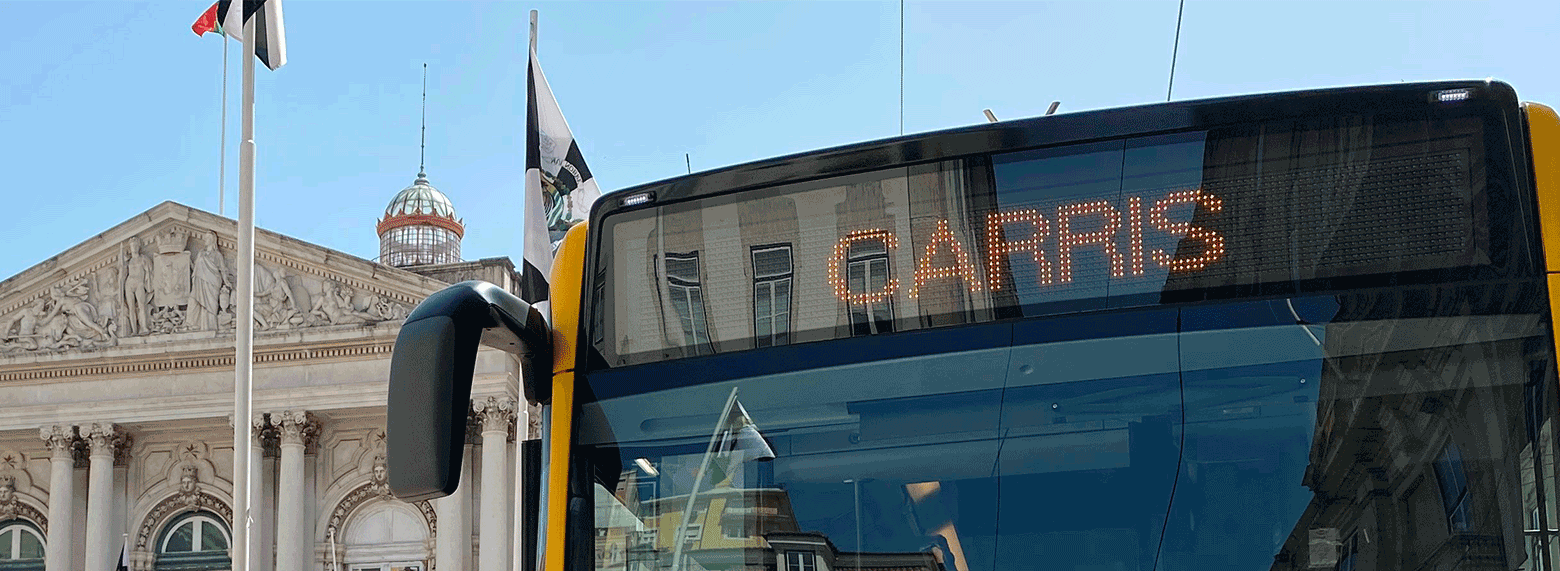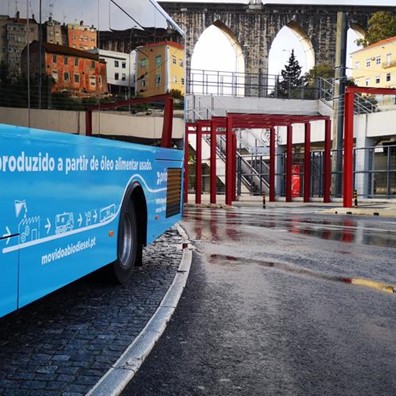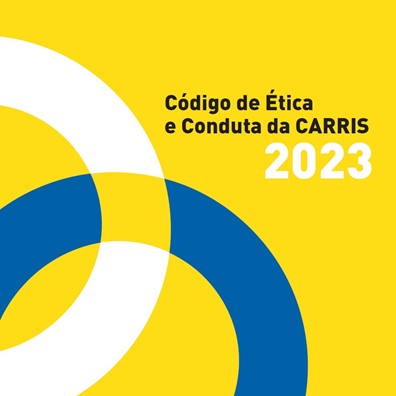We believe that quality and social, economic and environmental responsibility are the way for us to improve our activities and contribute to the sustainability of the system and to social well-being.
This contribution includes meeting the needs of our customers and complying with rules and regulations, optimising the resources we have. This strategy reinforces our active role in sustainability and contributes to a city with more quality of life.









